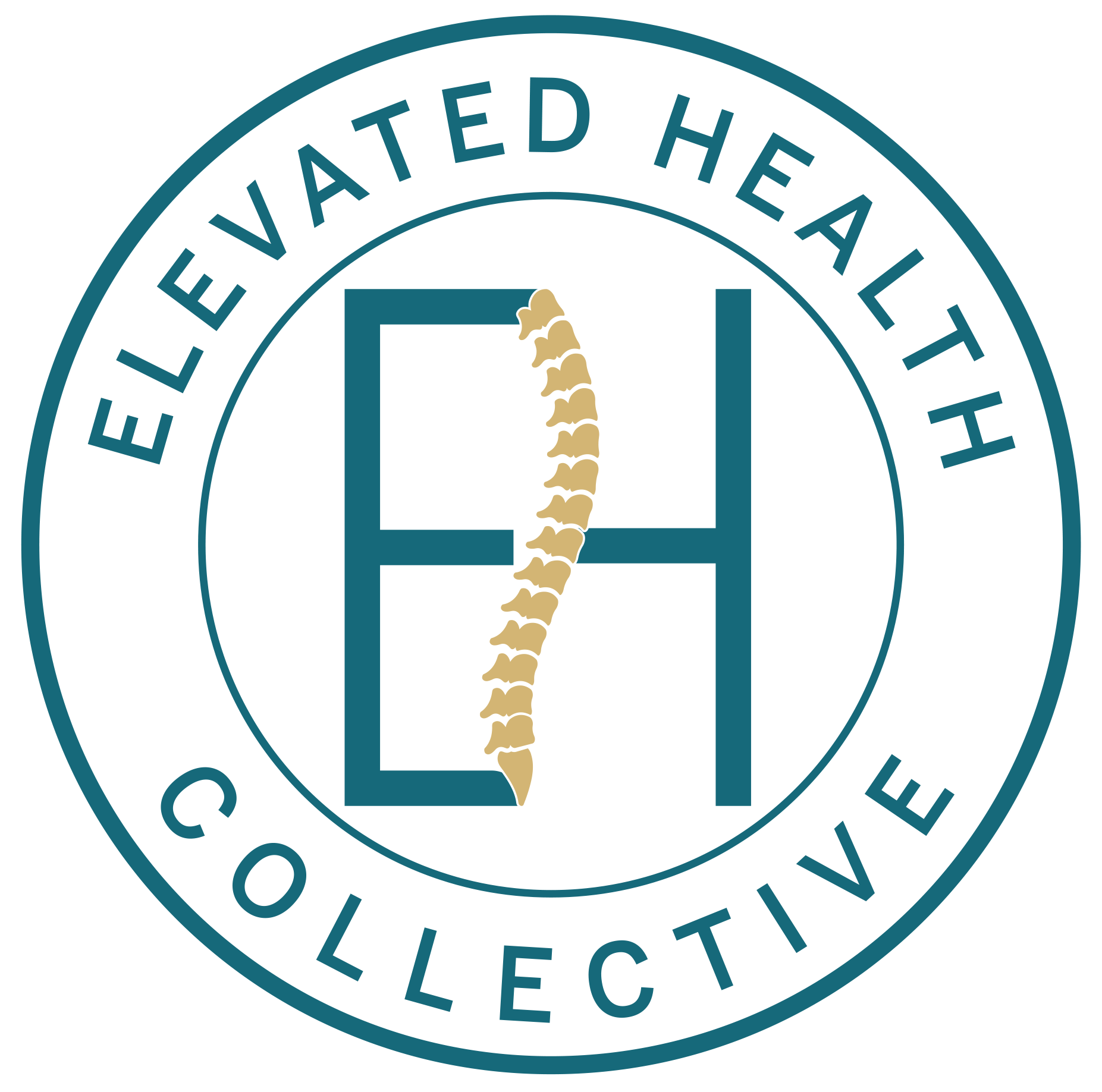Frequently Asked Questions
Acupuncture can address a wide range of health concerns, falling into two main categories: simple problems (acute) and more complex ones (chronic). Simple problems encompass issues like allergies, colds, stress, and recent injuries. However, complex issues may require additional herbal therapy. At Oaktree, we employ natural, holistic Chinese herbs to support the healing of internal issues.
Many people associate acupuncture needles with pain, but these needles are quite thin, similar to a dog’s whisker, making insertion virtually painless. You may experience unique sensations like tingling, heaviness, warmth, or nothing at all once the needle is in place. If you feel discomfort, inform your practitioner for adjustments. It’s important to note that all needles used are sterilized and disposable.
Acupuncturists focus on addressing the root of the problem, not just relieving symptoms. The goal is to reduce pain and support the body’s self-healing capabilities. Acupuncture utilizes simple, sterile, unaltered filiform needles, without pain-numbing agents, to promote blood and bodily fluid movement and relax tissues and the nervous system.
Evaluating the pulse rate, strength, and quality at the wrist and/or neck helps acupuncturists understand the body’s imbalances. Additionally, the tongue’s shape, color, and coating provide insights into how fluids move (or don’t move) within the body.
Typically, a Chinese acupuncture treatment session lasts 20 to 30 minutes, with variations based on individual needs. Sessions can extend beyond this timeframe as practitioners may integrate other Chinese Medicine elements like Tui Na, Moxa, and Fire Cupping.
Your personalized care plan depends on your specific health concerns and objectives. After the initial intake, the practitioner will give you a recommendation based on your specific needs and situation.
The frequency of treatment varies based on your condition. Short-term issues may require only a few sessions, while chronic concerns might necessitate a maintenance schedule to ensure long-term well being. Acupuncture is also an effective preventive measure, enhancing blood flow and immune system response.
Acupuncture point combinations are selected based on your feedback and subtle cues like pulse variations to maximize the effectiveness of each session.
Sensations like tingling, warmth, or mild discomfort may occur as the body responds to treatment. These are signs that healing is taking place, and it’s similar to traffic congestion gradually easing on a highway.
Occasionally, a lingering sensation in the treatment area can occur after the needle is removed. This is a normal response to treatment and nothing to be concerned about. Feel free to discuss this with your acupuncturist during your next visit.
Sensations like twitching, lightness, heat, coolness, heaviness, or aching at the treatment site are common and indicate that the acupuncture needles are effectively stimulating your body’s responses. If these sensations do not hinder your comfort, they are normal.
Slight bruising may occur occasionally and is the most common side effect. It is not expected after every treatment and is usually a result of a needle being placed near a larger vein. Applying pressure or an icepack can prevent further discoloration.
A brief electric jolt sensation signifies that the correct acupuncture point has been found. While this sensation can be intense, it should subside quickly. If you experience hot, burning, or sharp sensations, inform your practitioner for immediate adjustment. Your comfort during the treatment is a priority, so never hesitate to communicate any discomfort.

